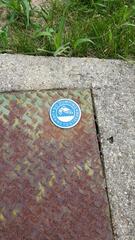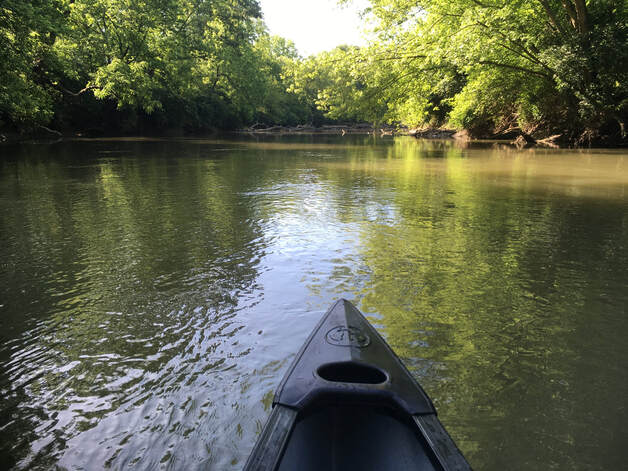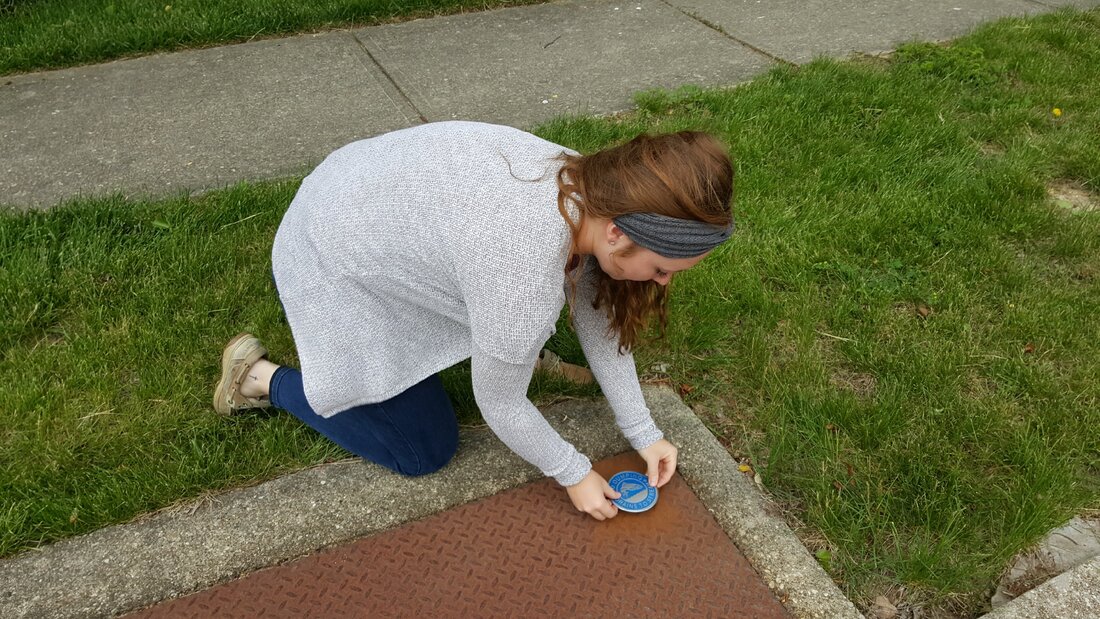 Often we hear the phrase "mother earth" and think about all the ways the earth helps us survive. Yet we must care for the earth the way it cares for us, and women are increasingly filling that role, whether it be on their residence property, through business practices, or through agricultural practices. Women not only are taking a greater role in farming operations, but they play a critical role protecting the land that sustains us. Did you know that 43% of U.S agricultural land is now farmed or co-farmed by women?! Unfortunately, women face gender-related barriers to managing their land for long-term sustainability. And while women are increasingly playing primary decision-making roles on farms and many are inclined towards conservation, they remain underrepresented in their utilization of USDA and state-based conservation programs. The goal of this program is to connect with other women landowners and resource professionals as we learn about the fundamentals of land conservation. Warren County Soil and Water Conservation District will be offering programming geared towards women and land conservation topics in 2021 and beyond. Are you one of these women? Do you help manage land and need help understanding where to find resources? Please help us identify topics that will help you by taking this short survey!
1 Comment
Whether you fish, kayak or just simply sit by the shores of a beautiful lake, having clean lakes and rivers is something we can all appreciate. But did you ever think about how our water travels and ends up in these bodies of water? The USGS website (usgs.gov) explains how water travels best: “When rain falls onto the earth, it doesn’t just sit there, it starts moving according to the laws of gravity. A portion of the precipitation seeps into the ground to replenish the Earth's groundwater. Most of it flows downhill as runoff. Runoff is extremely important in that not only does it keep rivers and lakes full of water, but it also changes the landscape by the action of erosion. In cases of developed areas where stormwater cannot infiltrate into the ground because of impervious areas, more runoff occurs. In urbanized areas, runoff must be collected by “extensive drain systems that consist of curbs, storm sewers, and ditches to carry stormwater directly to streams. More simply, in a developed watershed, much more water arrives into a stream more quickly, resulting in an increased likelihood of more frequent and more severe flooding.” “As it flows over the lands and other surfaces, stormwater picks up potential pollutants that may include sediment, nutrients (from lawn/agriculture fertilizers), bacteria (from animal and human waste), pesticides (from lawn and garden/agriculture chemicals), metals (from rooftops and roadways), and petroleum by-products (from leaking vehicles).” We also have situations where people dump prohibited materials (anything that is not stormwater) directly into storm drains not thinking of the impact that it has down stream. Polluted stormwater runoff can be harmful to plants, animals, and people. Understanding that our water systems are all connected and by helping to keep our stormwater clean, can help keep our rivers, lakes and streams clean. Help out our local water systems by keeping “only rain, down the storm drain.”  Here are some items that you can do to help:
|
Details
Warren County SWCD Staff BlogA blog to keep you informed on all the latest news at Warren County SWCD and in the conservation world. Archives
May 2024
Categories
All
|
|
|
Contact:PHONE: (513) 695 - 1337
EMAIL: [email protected] HOURS: Monday - Friday 7:30am - 4:00pm (except holidays) Connect:Warren County Soil & Water Conservation District Copyright © 2016
Warren SWCD Privacy Notice. Emails are serviced by Constant Contact. Constant Contact's Privacy Notice. |


